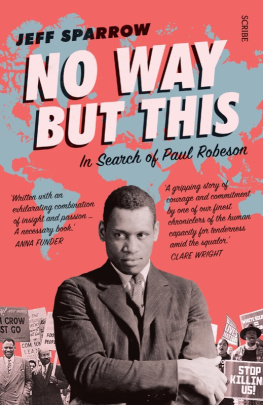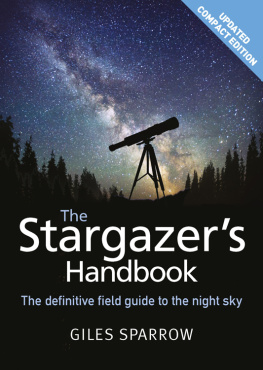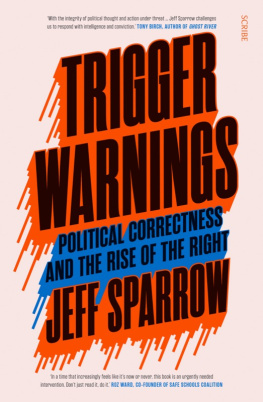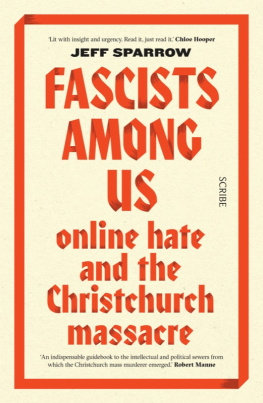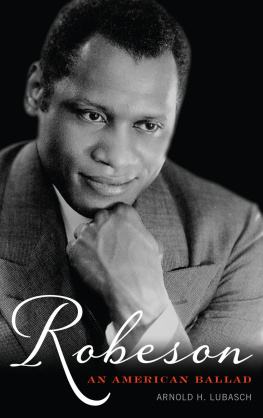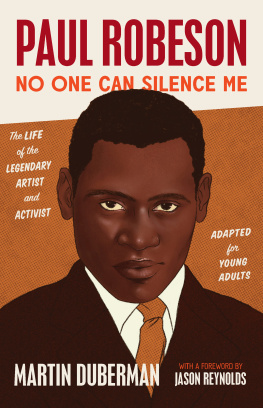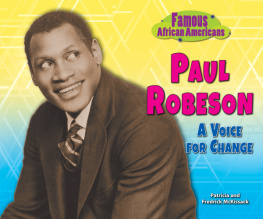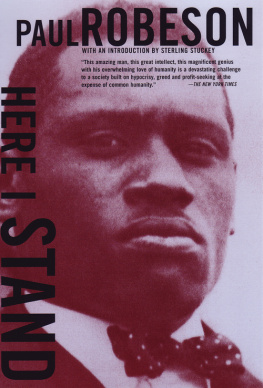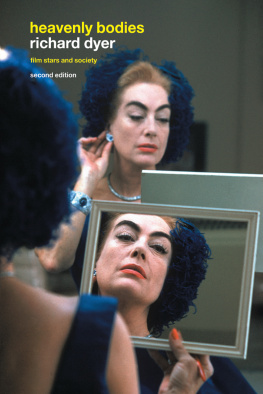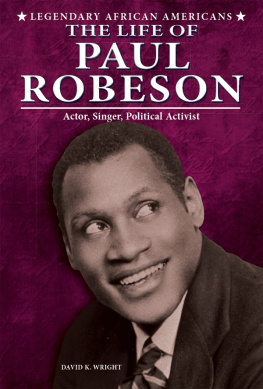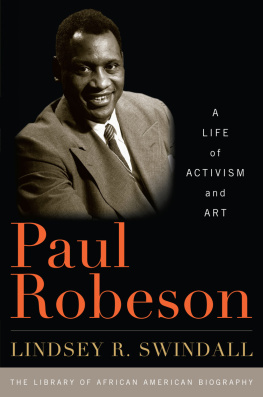
NO WAY BUT THIS
Jeff Sparrow is a writer, editor, and broadcaster, and an honorary fellow at Victoria University. He writes a fortnightly column for The Guardian and contributes regularly to many other publications, as well as being a member of the 3RRR Breakfasters radio team. Jeff is the immediate past editor of the literary and cultural journal Overland , and the author of several books, including Communism: a love story and Killing: misadventures in violence .
Scribe Publications
1820 Edward St, Brunswick, Victoria 3056, Australia
2 John St, Clerkenwell, London, WC1N 2ES, United Kingdom
First published by Scribe 2017
Copyright Jeff Sparrow 2017
All rights reserved. Without limiting the rights under copyright reserved above, no part of this publication may be reproduced, stored in or introduced into a retrieval system, or transmitted, in any form or by any means (electronic, mechanical, photocopying, recording or otherwise) without the prior written permission of the publishers of this book.
While the author has made every effort to trace and acknowledge copyright for materials appearing in this book, they tender apologies for any accidental infringement where copyright has proven untraceable and welcome information to redress the situation.
Excerpt from Benicasim Sylvia Townsend Warner. Reproduced with kind permission from the estate of Sylvia Townsend Warner.
Excerpts from The Negro Speaks of Rivers, Kids Who Die, Afro-American Fragment, Air Raid Barcelona, and Dear Folks at Home in The Collected Poems of Langston Hughes Langston Hughes. Reproduced with kind permission from David Higham Associates.
9781925321852 (Australian edition)
9781911344292 (UK edition)
9781925321852 (e-book)
A CiP record for this title is available from the National Library of Australia and British Library.
scribepublications.com.au
scribepublications.co.uk
For my father
CONTENTS
Sydney, Australia
PART ONE: GENESIS
Williamston and Greensboro, North Carolina
Princeton, New Jersey
Harlem, New York
PART TWO: EXODUS
London, England
Pontypridd, Tiger Bay, and Porthcawl, Wales
Barcelona and Madrid, Spain
PART THREE: REVELATIONS
Moscow, Russia
Moscow and Perm, Russia
The Graveyard of Fallen Heroes, Russia
PRELUDE
This morning the Committee resumes its series of hearings on the vital issue of the use of American passports as travel documents in furtherance of the objectives of the Communist conspiracy.
Its 12 June 1956, and the House Un-American Activities Committee is once more in session in the Caucus Room of the Cannon House Office Building in the United States Capitol Complex, Washington, D.C. Three-tiered crystal chandeliers illuminate a raised bench where Francis E. Walter, HUACs chairman, sits alongside congressmen Clyde Doyle, Bernard Kearney, Gordon Scherer, and their staff director, Richard Arens. The room is closely packed with politicians, lawyers, journalists, and anyone else able to wrangle a seat. This, they know, is no ordinary occasion.
Arens stares down at an FBI report, compiled from hundreds of hours of covert surveillance. It contains information about the secret aliases supposedly employed in communist circles.
He leans forward to the much larger man standing in the witness box. Have you, Arens asks, ever been known under another name?
The witness gives a rich, velvet laugh.
Oh, please! My name is Paul Robeson, and anything I have to say, or stand for, I have said in public all over the world.
He gestures defiantly at the proceedings around him, so reminiscent of a criminal trial.
That, he says, is why I am here today.
INTRODUCTION
Sydney, Australia
Ive watched the clip of Paul Robeson singing on Bennelong Point a dozen times or more.
There are many things that make the grainy footage so memorable, not least the glaring gap when the camera pans and you see, just for an instant, Government House and the Harbour Bridge. But where are the white sails of the Opera House?
The film dates from 1960 and, of course, the Sydney Opera House did not yet exist. This was Robesons first and only trip to Australia. A news crew had accompanied him to Bennelong Point to visit the Opera House site. He came to sing for the workers, the men labouring on what would become a universally recognisable music venue.
In the clip, Robeson wears his beret and his big winter coat. We watch him move through a forest of scaffolding to a jury-rigged microphone and then launch, without accompaniment, into Ol Man River.
The song was composed by Oscar Hammerstein and Jerome Kern for their musical Show Boat . Robeson first played the role of the stevedore Joe in the London stage show of 1928 and then reprised it for the movie of 1936. After that, Ol Man River became Pauls signature tune, a reminder of his stature as, in one reporters words, the best known American in the world.
Certainly, in the clip he looks every inch the star, even in blurry black and white. At sixty-two, hes still striking: huge and solid, with his beret so different from the hardhats around him providing a certain raffish glamour. He should, I think every time I watch the scene, be completely out of place: a celebrity black artiste performing on a rough building site to white men puffing on cigarettes and brushing away flies.
Yet see their rapt attention! They stare, fascinated, at Robesons giant frame and let his voice, so rich and so warm, envelop them.
Tote that barge! Robeson sings. Lift that bale! Show a little grit, an you land in jail.
Hammerstein wrote the words as git a little drunk, an you land in jail , a sentiment more befitting the shuffling Negro of the white theatrical imagination. But Robeson did not shuffle, not for anyone. By 1960, hed been a key FBI target for decades; agents from the Australian Security Intelligence Organisation had filed a report as soon as he landed in the country. But hed neither apologised nor repented, and, by changing the Hammerstein lines, he transformed a slight lyric of phlegmatic almost comic resignation into a song of defiance.
In its original form, Ol Man River had continued:
Ah gits weary
An sick of tryin
Ahm tired of livin
An skeered of dyin,
But ol man river,
He jes keeps rolling along.
That version offered Joes suffering as something to be endured meekly, a natural phenomenon as inevitable as the Mississippis ebb and flow. In the Bennelong Point footage, Robeson sings instead:
But I keeps laffin
Instead of cryin
I must keep fightin
Until Im dyin
When he mouths the word laffin , his lip curls in scorn; at fightin , he punches his fist in the air, a gesture that makes clear to the listeners he has in mind their shared enemies: the employers and politicians who consider an uneducated labourer no better than a Tennessee nigger. Suddenly, viewers feel that whats inescapable is not resignation or oppression but human dignity the yearning for freedom that persists, and will prevail, just like the mighty river itself.
In 1960, construction workers were not respectable. Concert halls did not cater to labourers, whom few considered deserving of fine music or sophisticated entertainments.
So, with this gesture at Bennelong Point, by transforming if only for a lunch hour their worksite into the musical venue it would eventually become, Robeson makes a statement characteristic of his life and career. You arent, he says to them, simply tools for others; youre not beasts, suitable only for hoisting and carrying, even if thats the role youve been allotted. Youre entitled to culture, to music and art and all of lifes good things and one day you shall have them.
Next page
